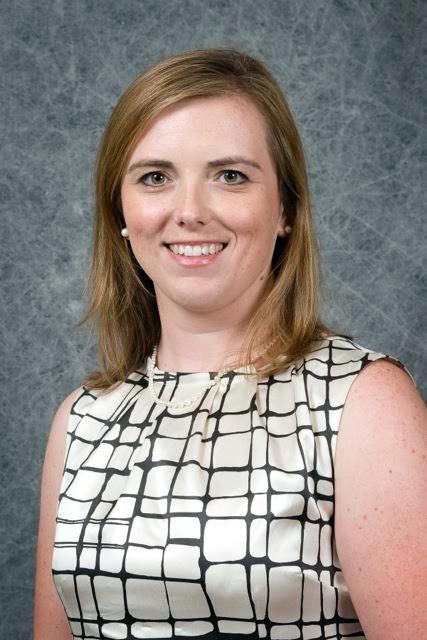Dr. Ansley Gilpin, assistant professor of psychology and lead researcher at UA’s “Knowledge in Development Lab,” will lead the research along with Dr. Jason DeCaro, UA associate professor of biological anthropology, and a team of graduate students. Several interdisciplinary consultants have also contributed to the development of the study.
“A major part of this project is the development and validation of approaches to measure imagination in preschool-age children,” DeCaro said.
Gilpin’s grant is one of 16 out of nearly 250 applications considered and the only one concerning child development. This project is the first to use experimental investigations to examine the direct link between imaginative play and boosts in cognitive function. The study will include 750 Tuscaloosa-area children between the ages of three and five and will last around two to three years.
“Although there has been much research on the developmental advantages of children’s imagination, few studies have actually used experimental designs to determine the cause and effect relationship between imaginative play and development,” said Rachel Thibodeau, Gilpin’s graduate student and assistant. “That’s essentially the overall goal of our study; we want to determine if engaging in imaginative behaviors actually causes developmental benefits in young children.”
The team will develop and test imagination in the children by including various kid-friendly physiological measures that are sensitive to individual differences.
“This is something that has never been done before and it is our hope that this new component will provide us with a robust measurement of imagination,” Thibodeau said.
The team will use the measures they find to help test the effects of an imaginative play program.
“In this program, children will be tested on various constructs prior to participating, such as their current propensity to engage in imagination, emotional understanding and cognitive ability,” Thibodeau said.
The children will participate in a five-week play program that encourages them to participate in highly imaginative daily play.
After the program, children will be tested again, comparing their scores to children participating in controlled conditions.
When asked why there are so few of these specific type of studies on children, DeCaro said it’s because preschool age children present unique challenges to researchers.
“They express imagination differently than adults, they communicate differently,” DeCaro said. “They change very fast, and it’s not always obvious what aspects of behavior or experience in a four-year-old are going to matter in the long-term. But there’s also a wonderful opportunity to make a difference at such an early age because we know basic social/behavioral and cognitive competencies are actively and continuously being established as children interact with their environments in more and more sophisticated ways.”
Findings from the study should allow for the understanding of the role imagination plays in human development, as well as the potential to influence curriculum development and interventions for at-risk children.
“There are a number of distinctive elements that make this study significant,” DeCaro said. “Developing approaches that foster imagination is difficult in the absence of really good measurement tools – you need to know how to define and assess this phenomenon, ‘imagination,’ that you’re hoping to support.”









